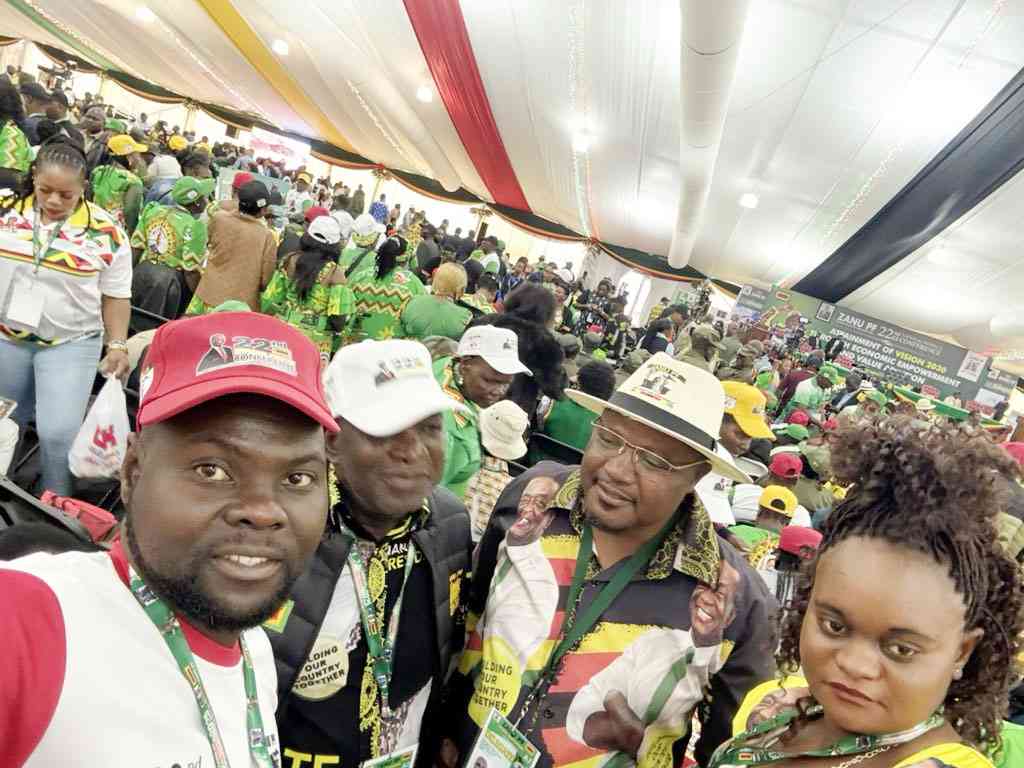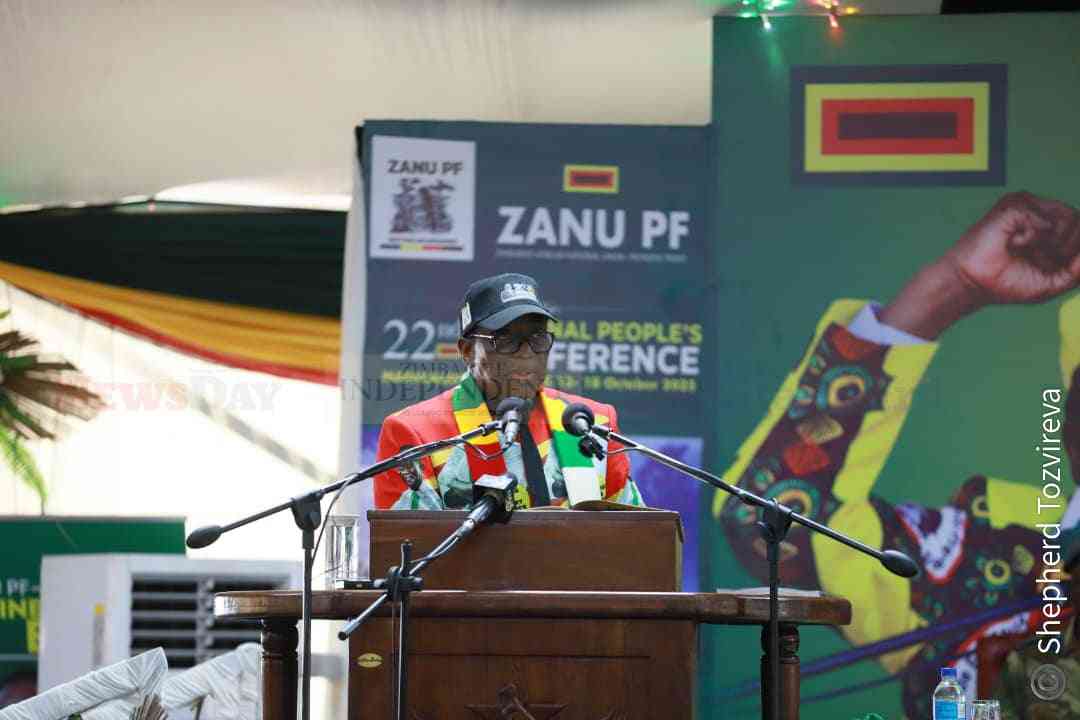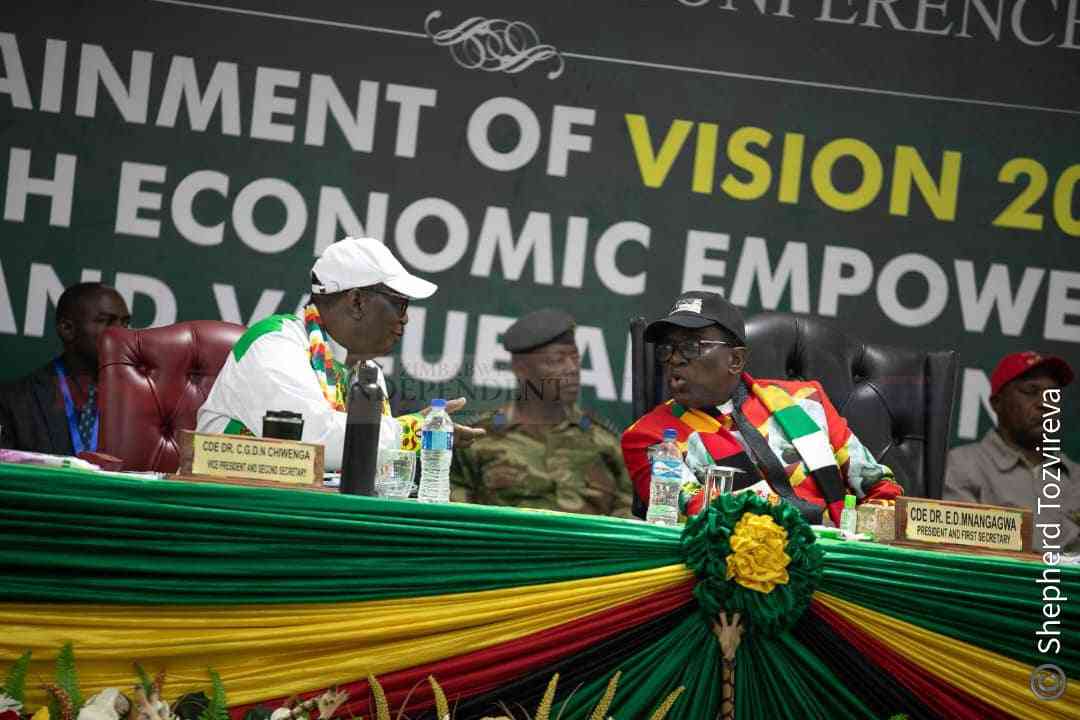
Zimbabwe has faced significant fiscal challenges over the past two decades, marked by hyperinflation, economic instability, and a shrinking formal economy.
As a result, the informal economy has emerged as a crucial component of the nation's economic landscape.
This opinion contribution explores how effective Public Finance Management (PFM) in the informal economy can address Zimbabwe's fiscal challenges, enhance revenue generation, and promote economic stability.
Public finance management in the informal economy is a complex and challenging issue.
The informal economy, also known as the shadow or underground economy, refers to economic activities that are, in the majority of cases, not registered or regulated by the government.
PFM can be defined as a set of processes and systems that govern how a government collects, allocates, spends, and accounts for public resources, on the other hand, the informal sector is sometimes made up of economic activities and employment that are not fully covered by formal arrangements
Understanding the informal economy
The informal economy in Zimbabwe encompasses a wide range of activities, including street vending, artisanal mining, and unregistered or semi-registered small businesses.
- Mavhunga puts DeMbare into Chibuku quarterfinals
- Bulls to charge into Zimbabwe gold stocks
- Ndiraya concerned as goals dry up
- Letters: How solar power is transforming African farms
Keep Reading
It is estimated that a significant portion of the workforce is engaged in the informal sector, contributing to livelihoods but operating outside the purview of government regulation and taxation.
This sector, while vital for survival, poses challenges for traditional PFM systems that rely on formal economic activities for revenue generation.
According to the International Labour Organisation (ILO), about two billion workers, or 60% of the world’s employed population ages 15 and older, spend at least part of their time in the informal sector.
The percentage of informal economy workers in Zimbabwe is estimated to be around 73% of all workers.
This is one of the largest informal economies in the world.
The size of the informal sector slowly decreases as economies develop, but with wide variations across regions and countries.
Today, the informal sector still accounts for about a third of low and middle-income countries’ economic activity that is 15% in advanced economies
The role of public finance management
Public finance management involves the planning, directing, and controlling of public resources.
In Zimbabwe, enhancing PFM in the informal economy can serve as a strategic approach to address fiscal challenges.
By integrating informal economic activities into the formal financial system, the government can broaden its tax base, improve accountability, and enhance fiscal transparency.
On the one hand, individuals and firms may choose to remain outside the formal economy to avoid taxes and social contributions or compliance with standards and licensing requirements.
This relates to the common but misconceived view that informality is caused mainly by firms and individuals “cheating” to avoid paying taxes.
On the other hand, individuals may rely on informal activities as a safety net: they may lack the education and skills for formal employment or be too poor to access public and financial services.
Enhancing revenue collection
One of the most pressing challenges facing Zimbabwe's government is the need for increased revenue collection.
The informal economy presents a unique opportunity for revenue generation through innovative taxation policies that recognise the realities of informal workers.
By implementing simplified tax regimes and offering incentives for formalization, the government can encourage informal businesses to register and contribute to the national treasury.
This approach not only increases revenue but also fosters a sense of ownership among informal workers. Addressing informality is thus essential and urgent to support inclusive economic development and reduce poverty in Zimbabwe.
The Covid-19 pandemic has only armour-plated this sense of urgency.
The pandemic’s crushing impact on informal activities worldwide has highlighted the need for governments to provide a lifeline for large segments of the population not covered (or not well covered) by existing social protection programs.
Promoting financial inclusion
Effective PFM in the informal economy also involves promoting financial inclusion.
Many informal workers lack access to banking services, which limits their ability to save, invest, and contribute to the economy.
By developing financial products custom-made to the needs of informal workers, such as microloans and savings accounts, the government of Zimbabwe and financial institutions can facilitate greater participation in the formal economy.
This, in turn, can enhance tax compliance and improve overall economic stability.
Strengthening institutional frameworks
To effectively manage public finance in the informal economy, Zimbabwe must strengthen its institutional frameworks.
This includes enhancing the capacity of tax authorities to engage with informal businesses, providing education on tax compliance, and creating an enabling environment for informal workers to transition to formal status.
Collaboration between government agencies, civil society, and informal sector representatives such as the Vendors Initiative for Social and Economic Transformation (Viset) is essential for developing policies that are both effective and equitable.
A range of structural policies can help increase incentives and lower the cost of formalisation.
Labour market regulations can be simplified to ensure greater flexibility and facilitate informal workers’ entry into formal employment.
Competition policy can boost entry of small firms in some sectors by eliminating monopolies.
Elimination of excessive regulations and bureaucratic requirements also helps.
Challenges and considerations
While the potential benefits of integrating the informal economy into PFM are significant, several challenges must be addressed.
Resistance from informal workers, who may fear increased regulation and taxation, can hinder efforts at formalisation.
Additionally, the government must ensure that any policies implemented are equitable and do not disproportionately and inexplicably burden the most vulnerable members of society.
Research has also shown diabolical levels of corruption in the informal and the government and all its agencies need to eradicate this challenge without any further delay.
Comprehensive stakeholder engagement is crucial for overcoming these obstacles and fostering trust between the government and informal economy workers.
Case studies of PFM in the informal economy
- Kenya's informal economy: Kenya has implemented several policies to encourage informal economy operators to formalise their activities, including simplifying tax compliance and providing incentives for formalisation.
- Brazil's Bolsa Familia programme: Brazil's Bolsa Familia programme provides cash transfers to poor families, including those in the informal economy, to encourage them to formalise their activities and access formal financial services.
- South Africa's Small Business Development Agency: South Africa's small business development agency provides support and incentives to informal economy operators to encourage them to formalise their activities and access formal financial services.
Conclusion
Public finance management in the informal economy presents a viable solution to Zimbabwe's fiscal challenges.
By enhancing revenue collection, promoting financial inclusion, and strengthening institutional frameworks, the government can create a more sustainable economic environment.
As Zimbabwe continues to navigate its economic difficulties, embracing the informal sector as a key player in the national economy will be essential for fostering growth, stability, and resilience.
Ultimately, a well-managed informal economy can serve as a cornerstone for Zimbabwe's fiscal recovery and long-term prosperity.
*Samuel Wadzai is the director of the Vendors Initiative for Social Economic Transformation
These weekly articles are coordinated by Lovemore Kadenge, an independent consultant, managing consultant of Zawale Consultants (Private) limited, past president of the Zimbabwe Economics Society and past president of the Chartered Governance & Accountancy Institute in Zimbabwe . Email – kadenge.zes@gmail.com or Mobile No. +263 772 382 852










